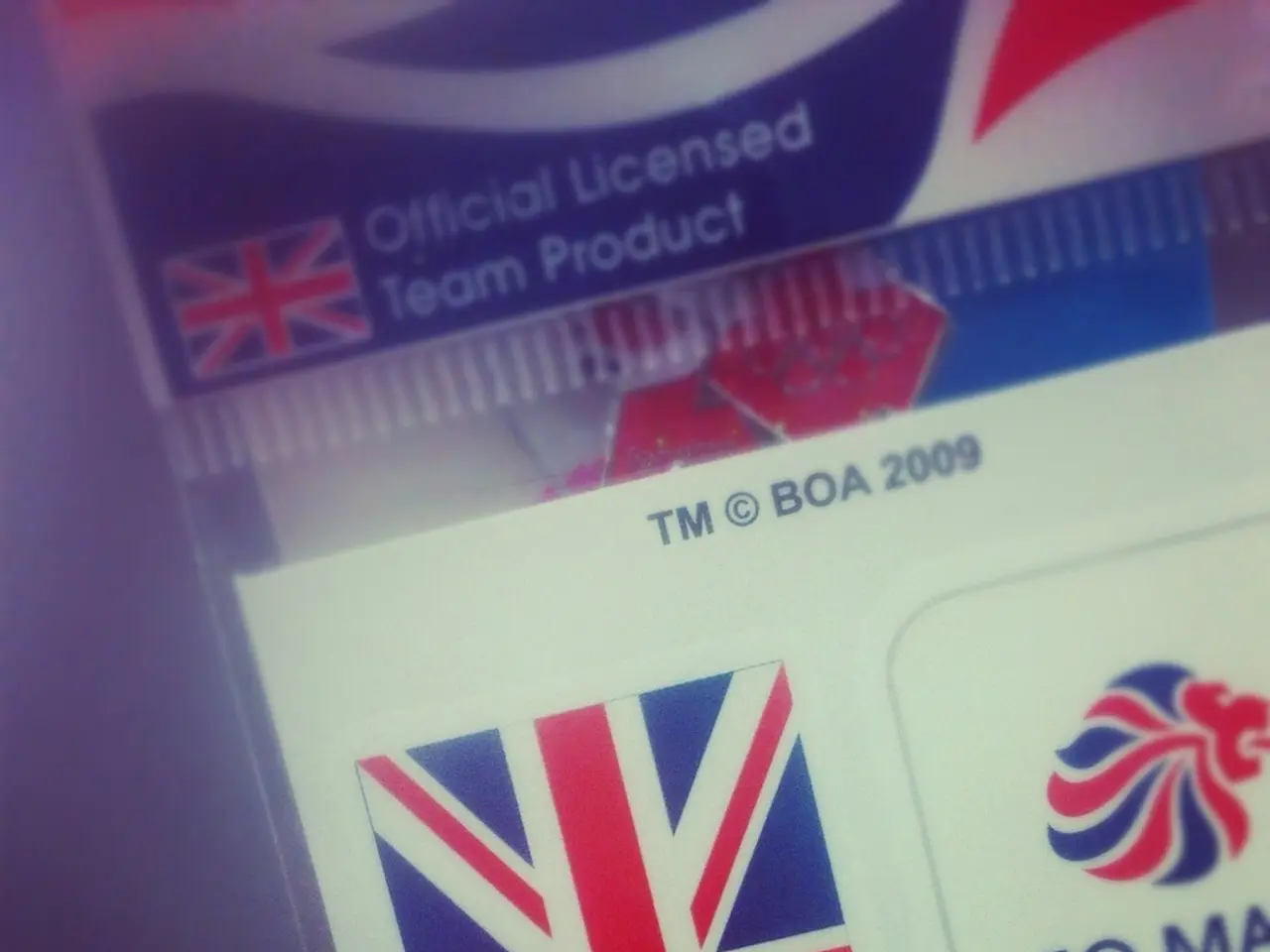Updating Process for Yearly Financial Statements of UK Cryptoasset Companies (Revised as of February 15, 2022)
Under the UK Financial Conduct Authority's (FCA) Annual Financial Crime Report (REP-CRIM), cryptoasset exchange providers and custodian wallet providers in the UK have specific reporting obligations primarily tied to financial sanctions compliance and anti-money laundering (AML) regulations. These obligations, which were extended to approximately 7,000 businesses effective March 30th, 2022, require firms to:
- Report to the Office of Financial Sanctions Implementation (OFSI) as soon as practicable if they have knowledge or reasonable cause to suspect that they have encountered a UK designated person or been involved in or detected a breach of UK financial sanctions.
- Strengthen due diligence to detect direct or indirect exposure to designated persons, including the use of blockchain analytics to track transaction histories through intermediaries and identify high-risk jurisdictions or exchanges.
- Freeze crypto assets and restrict access promptly when incoming transfers are linked to suspected sanctions evasion or contravention activities.
- Report suspected breaches not only to OFSI but also to the FCA and the National Crime Agency, meeting all legal obligations under the UK’s sanctions and AML regimes.
These requirements stem from the regulatory framework established by the Sanctions and Anti-Money Laundering Act 2018 (SAMLA) and the Money Laundering Regulations (MLRs), which apply to cryptoassets as they do to traditional assets. Since January 2020, cryptoasset firms, including exchange providers and custodian wallet providers, must register with the FCA for AML supervision and comply with these enhanced reporting and due diligence standards to help prevent financial crime and sanctions breaches.
The REP-CRIM return, which must be submitted using appropriate online systems accessible from the FCA's website, such as RegData, requires information on exposure to politically exposed persons (PEPs), sanction screening controls, jurisdictional risks, suspicious activity reports, resources to fight financial crime, and fraud risks. Compliance information required includes the number of Suspicious Activity Reports submitted internally to the Money Laundering Reporting Officer and disclosed to the National Crime Agency, the number of investigative court orders received, the number of relationships terminated for financial crime reasons, and the total full-time equivalent of UK staff with financial crime roles.
Cryptoasset businesses are required to submit their first Annual Financial Crime Report within 60 business days of their account referencing date. Customer information required includes the total number of relationships with PEPs and other high-risk customers, the number of customer relationships in specific geographical areas, and the number of customer relationships refused for financial crime reasons. Companies can express their opinions regarding the most prevalent fraud typologies, suspected perpetrators, and primarily victims, and whether they increased, decreased, or remained the same.
The operation jurisdictions for cryptoasset businesses include high-risk jurisdictions where the company operates. Sanctions-specific information includes details about the automated system(s) used for sanctions screening, actual sanction matches detected during the reporting period, and repeat customer sanctions screening. The FCA's Directions for the cryptoasset industry clarify the crime reporting obligations for these businesses, and the special Directions set out the REP-CRIM return requirements for cryptoasset businesses.
There is not much time left until March 30, 2022, when all cryptoasset businesses operating in the UK will need to be ready to provide all the required information. Companies can fill in "sanction-specific information" but are not required to do so. While the exact REP-CRIM document details from 2022 are less directly accessible, the above summary is based on consistent FCA and OFSI guidelines and industry reports from 2022 through 2025 indicating evolving mandatory reporting and compliance practices imposed on cryptoasset firms operating in the UK. These include reporting as soon as practicable upon suspicion or knowledge of sanctions breaches, maintaining enhanced due diligence and monitoring using blockchain analytics, freezing and restricting suspicious crypto assets, and prompt multi-agency reporting to OFSI, FCA, and the National Crime Agency.
In the wake of the UK's Financial Conduct Authority (FCA) guidelines, cryptoasset businesses must adhere to stringent reporting obligations related to financial sanctions compliance and anti-money laundering (AML) regulations. This involves implementing technology like blockchain analytics for due diligence, to detect exposure to designated persons and high-risk areas.
These regulations, extending to approximately 7,000 businesses, also mandate the freezing of crypto assets suspected of sanctions evasion, followed by immediate multi-agency reporting to the Office of Financial Sanctions Implementation (OFSI), the FCA, and the National Crime Agency.




